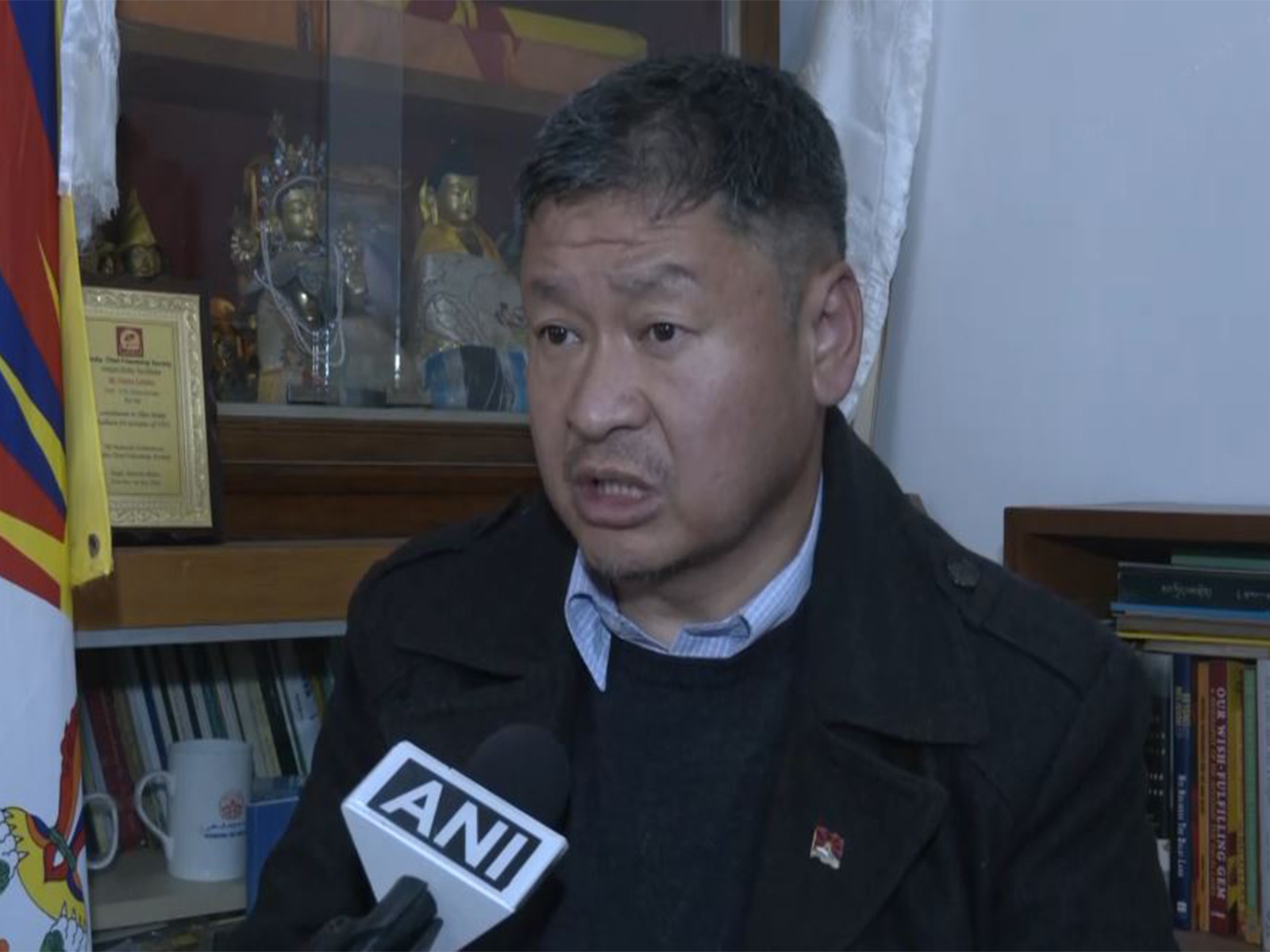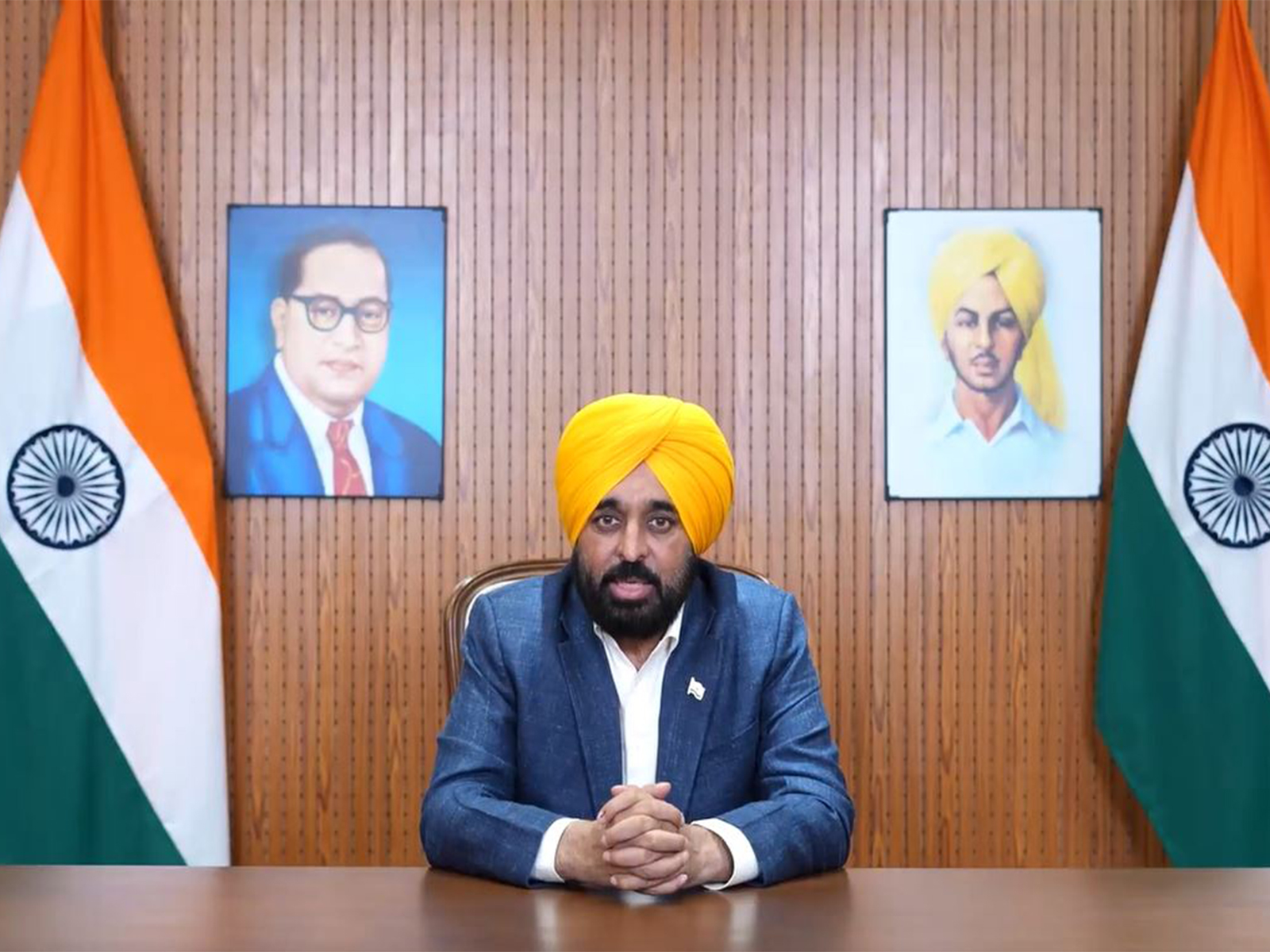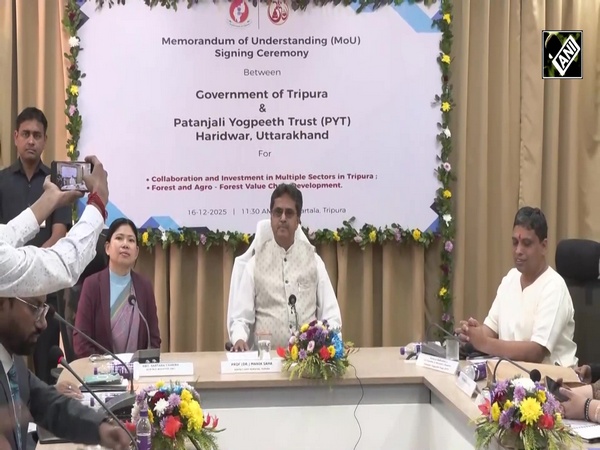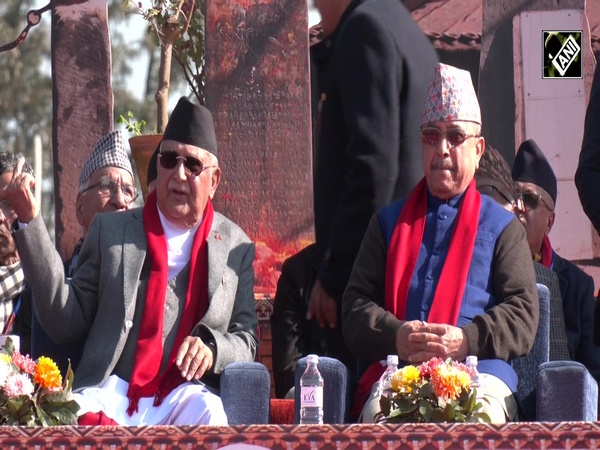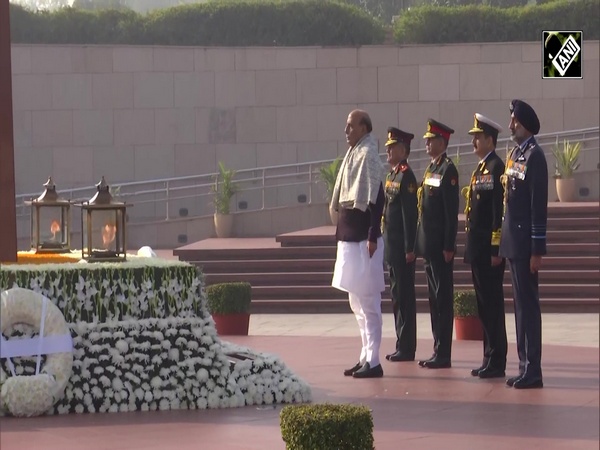US Senator blames Imran Khan for strained Washington-Islamabad relations
Jun 28, 2022

New York [US], June 28 : US Senate Majority Leader Charles E Schumer on Tuesday blamed former prime minister Imran Khan for strained relations between the US and Pakistan.
"Your former prime minister did not talk positive about the US but the incumbent Pakistani premier is expected to help foster bilateral ties between Pakistan and the US," The News Internationa quoted Schumer while he was addressing a gathering of American-Pakistan Advocacy Group (APDG) in New York.
Schumer said that he reiterated the stance of the Biden administration with regard to Imran Khan's allegations of the involvement of the US government in toppling his government.
Responding to a query on the policy of the US, if Imran Khan came into power once again after winning elections, the US Senate majority leader, further said that the US holds a dialogue with an elected head of the government, adding that no matter how intensely you disagree with someone, the best way to resolve the issues is to hold dialogues, The News International reported.
"The US believes in democratic norms and values and respects the democratic process, the US followed a strategy to accept those who were elected through the democratic process," Schumer added.
The PTI chief has termed and reiterated the Shehbaz Sharif government as an "imported government" backed by the US, and has been demanding fresh elections since the latter came into power.
An analysis earlier noted that Imran Khan's anti-American rhetoric and his accusations against the US for conspiring to oust him from power are damaging the country's relations with the West.
While the new government of Prime Minister Shehbaz Sharif is keen on mending fences damaged by its predecessor Imran Khan Government. The targets are the United States and up to a point, India, ostensibly, under American persuasion. The Sharif government is playing up to Washington, in contrast to Imran Khan's anti-US campaign that has intensified after being voted out of power.
Pakistan's economy is already facing a huge challenge and the country often turns to Western-led multilateral financial institutions including the International Monetary Fund (IMF) and the World Bank.
Islamabad's economic woes dictate that it should mend fences with the west as Khan had turned for help with the country's economy to the Washington-based IMF, which has provided 22 bailouts to Pakistan since 1958, reported The Hill.
On the brink of default, Pakistan needs an inflow of USD 41 billion over the next year to pay back loans that are coming due and to keep afloat. Its economy still depends on a lifeline from the IMF, while Russia is in no position to help Pakistan, and China has adopted a wait-and-see approach.
Apart from that, the West also has significant influence over the money laundering and terror funding watchdog Financial Action Task Force (FATF). It is essentially crucial as the FATF continues to keep Pakistan on 'Grey List' for terrorist fundings.
Earlier, Khan said that the PTI government had controlled the fuel prices despite being pressurized by the IMF and reduced the petrol rate by Rs 10 per litre.
He said that the US had decided to topple the PTI government through a conspiracy while "Mir Jafer and Mir Sadiq of Pakistan" contributed to the alleged foreign conspiracy adding that he had warned neutrals of destructive outcomes for the national economy in case of the foreign conspiracy's success, the ARY News reported.
If we are seeking any facilitation from the US, then there would be a compromise on the national security and sovereignty. India, US, and Israel have the agenda to target Pakistan's security," he said as reported by the ARY News.



